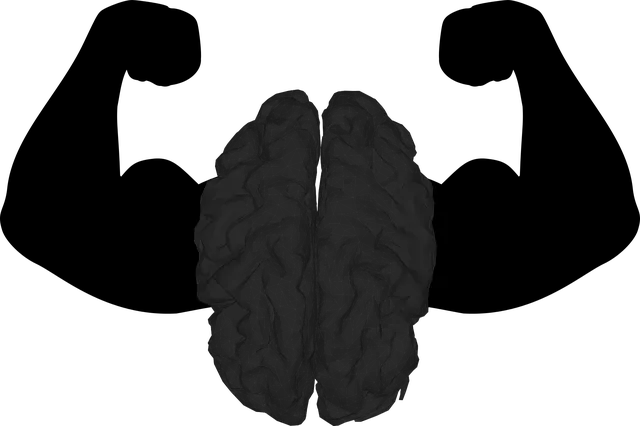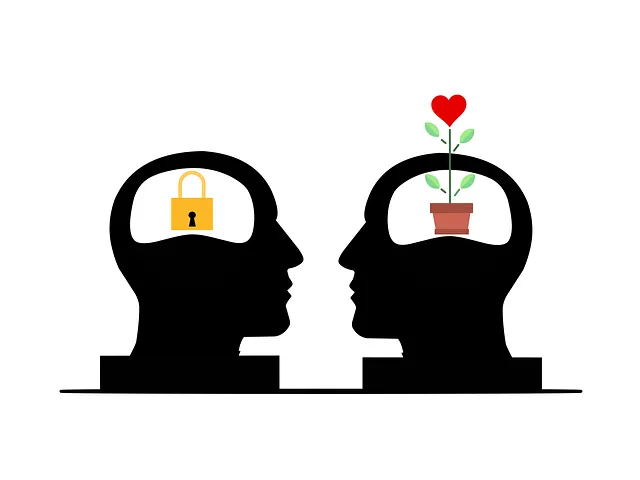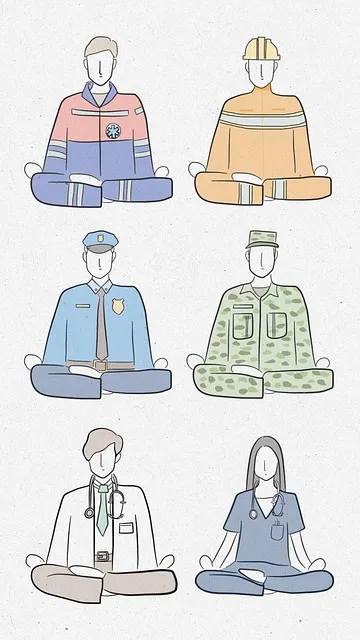The text highlights the importance of social skills for mental health, noting that mental health conditions can hinder these skills and lead to isolation. Lone Tree Kaiser Permanente's (LTP) mental health coverage offers a unique, holistic approach by integrating Social Skills Training (SST), focusing on communication, empathy, and emotional regulation. Their tailored programs use techniques like mindfulness and role-playing to empower individuals to form connections, improve self-esteem, and manage their conditions effectively. LTP's comprehensive program includes individual therapy, group support, and innovative workshops, advocating for mental health education and destigmatization, ultimately enhancing long-term treatment success through SST.
Social skills training is a powerful tool in supporting individuals with mental health conditions, fostering better relationships and enhancing overall well-being. This comprehensive guide explores the vital connection between social skills and mental health, delving into how structured training can effectively address common challenges. We highlight Lone Tree Kaiser Permanente’s innovative approach to mental health coverage, offering valuable insights into their support systems. Additionally, we provide practical strategies for therapists and success stories from real-world programs, demonstrating the transformative power of social skills development in various settings.
- Understanding the Connection Between Social Skills and Mental Health
- The Role of Social Skills Training in Treating Mental Health Conditions
- Lone Tree Kaiser Permanente's Approach to Mental Health Coverage and Support
- Effective Strategies for Building Social Skills in a Therapeutic Setting
- Real-World Applications: Success Stories from Social Skills Training Programs
Understanding the Connection Between Social Skills and Mental Health

The connection between social skills and mental health is a profound one. Effective communication, empathy, and interpersonal interaction are integral to maintaining positive well-being. Many mental health conditions can make these essential social skills more challenging to navigate, leading to feelings of isolation and exacerbating symptoms. For instance, individuals with anxiety disorders might struggle with initiating conversations or maintaining eye contact, while those dealing with depression may find it hard to express their emotions or engage in activities that require social interaction.
Lone Tree Kaiser Permanente’s mental health coverage recognizes this interplay and emphasizes the importance of holistic treatment, which includes social skills training. Such programs aim to strengthen these abilities, thereby empowering individuals to foster meaningful connections, improve self-esteem, and develop effective coping strategies. By integrating Confidence Boosting techniques into their Self-Care Practices, patients can better manage their conditions, engage in their communities, and reduce the risk of social isolation, a significant factor in the Risk Assessment for Mental Health Professionals.
The Role of Social Skills Training in Treating Mental Health Conditions
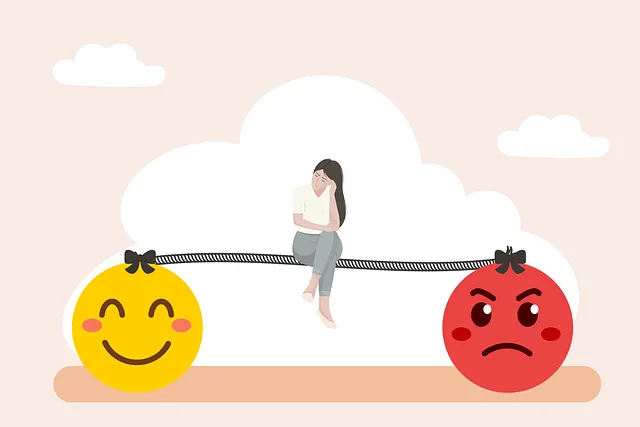
Social Skills Training (SST) plays a pivotal role in the holistic treatment of mental health conditions, addressing a critical aspect often overlooked in traditional therapy. Many individuals struggling with anxiety, depression, or trauma lack the necessary social skills to navigate relationships and everyday interactions effectively. This can lead to feelings of isolation, reduced self-esteem, and even burnout over time.
At Lone Tree Kaiser Permanente, mental health coverage includes SST as a valuable component in comprehensive patient care. Through tailored programs, patients learn essential communication techniques, assertiveness strategies, and emotional regulation skills. These tools empower individuals to build meaningful connections, foster positive relationships, and enhance their overall mental wellness. By focusing on self-esteem improvement and burnout prevention, SST contributes significantly to the long-term success of mental health treatments.
Lone Tree Kaiser Permanente's Approach to Mental Health Coverage and Support
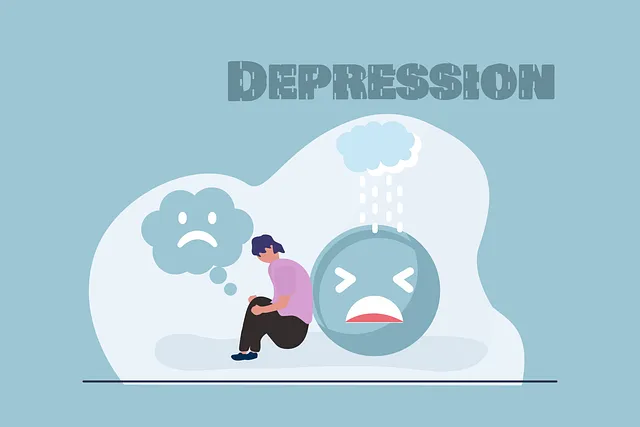
Lone Tree Kaiser Permanente stands out for its comprehensive approach to mental health coverage and support. The healthcare provider offers a range of services designed to address various mental health conditions, focusing on both acute care and long-term management. Their program includes individual therapy sessions, group support meetings, and innovative workshops that teach essential skills such as conflict resolution techniques and stress reduction methods.
This holistic strategy ensures patients receive not just treatment but also the tools to navigate their mental health journeys effectively. By integrating these services into their policy analysis and advocacy efforts, Lone Tree Kaiser Permanente promotes a better understanding of mental health issues within the community. Their commitment extends beyond coverage, aiming to destigmatize mental health concerns through education and accessible support systems tailored to individual needs.
Effective Strategies for Building Social Skills in a Therapeutic Setting

Social skills training is a potent therapeutic tool for individuals navigating mental health conditions. A structured and supportive environment, such as that provided by Lone Tree Kaiser Permanente’s mental health coverage, facilitates learning and practice. Therapeutic settings offer a safe space to engage in role-playing scenarios, group discussions, and feedback sessions, allowing individuals to build confidence in their social interactions.
Effective strategies include mindfulness exercises that help manage anxiety and stress, which are often at the root of social withdrawal. Stress Management Workshops Organization programs can teach participants practical techniques for recognizing and regulating emotional responses during social encounters. Additionally, Mental Wellness Podcast Series Production can offer relatable content, featuring interviews with peers who have successfully navigated similar challenges, inspiring hope and providing valuable insights into building and maintaining healthy relationships.
Real-World Applications: Success Stories from Social Skills Training Programs

Social Skills Training Programs have proven to be transformative tools, offering real-world applications that translate into improved lives for those managing mental health conditions. These programs, often tailored to individual needs, focus on fostering social connections and enhancing communication skills. One successful example is seen in Lone Tree Kaiser Permanente’s mental health coverage, where their comprehensive approach includes group therapy sessions emphasizing these very skills. Participants report increased confidence in social situations, better conflict resolution techniques, and improved ability to maintain healthy relationships.
The impact extends beyond the program setting. Those who have benefited share stories of enhanced performance at work or school, as well as improved self-care routine development for better mental health. This not only reduces feelings of isolation but also empowers individuals to navigate social environments with greater ease and resilience. The design of these Mental Health Education Programs is pivotal in promoting a sense of belonging and self-efficacy, ultimately contributing to improved overall mental well-being.
Social skills training plays a pivotal role in managing and improving mental health conditions, as evidenced by successful programs like those offered by Lone Tree Kaiser Permanente. By integrating these strategies into therapeutic settings, individuals can build confidence and navigate social situations more effectively, ultimately enhancing their overall well-being. Understanding the connection between social skills and mental health is crucial, and with continued support, these training programs can foster significant positive changes in people’s lives, utilizing comprehensive mental health coverage like that provided by Lone Tree Kaiser Permanente.
